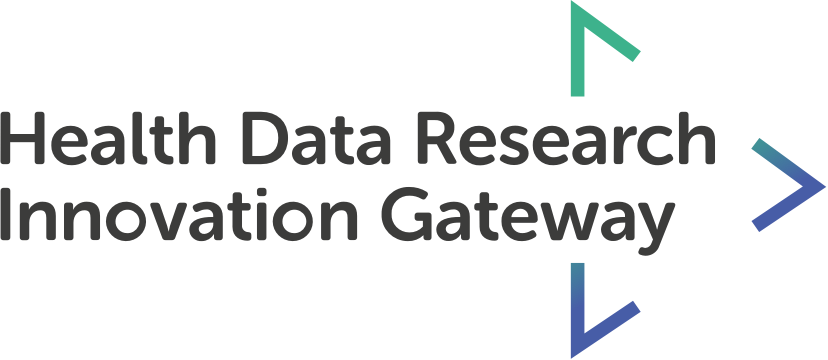Lay Summary
Contact tracing and lockdown are health policies being used worldwide to combat the coronavirus (COVID-19). The UK National Health Service (NHS) Track and Trace Service has plans for a nationwide app that notifies the need for self-isolation to those in contact with a person testing positive for COVID-19. To be successful, such an app will require high uptake, the determinants and willingness for which are unclear but essential to understand for effective public health benefit. The objective of this study was to measure the determinants of willingness to participate in an NHS app-based contact-tracing programme using a questionnaire within the Care Information Exchange (CIE)-the largest patient-facing electronic health record in the NHS. Among 47,708 registered NHS users of the CIE, 27% completed a questionnaire asking about willingness to participate in app-based contact tracing, understanding of government advice, mental and physical wellbeing and their healthcare utilisation-related or not to COVID-19. Descriptive statistics are reported alongside univariate and multivariable logistic regression models, with positive or negative responses to a question on app-based contact tracing as the dependent variable. 26.1% of all CIE participants were included in the analysis (N = 12,434, 43.0% male, mean age 55.2). 60.3% of respondents were willing to participate in app-based contact tracing. Out of those who responded ‘no’, 67.2% stated that this was due to privacy concerns. In univariate analysis, worsening mood, fear and anxiety in relation to changes in government rules around lockdown were associated with lower willingness to participate. Multivariable analysis showed that difficulty understanding government rules was associated with a decreased inclination to download the app, with those scoring 1-2 and 3-4 in their understanding of the new government rules being 45% and 27% less inclined to download the contact-tracing app, respectively; when compared to those who rated their understanding as 5-6/10 (OR for 1-2/10 = 0.57 [CI 0.48-0.67]; OR for 3-4/10 = 0.744 [CI 0.64-0.87]), whereas scores of 7-8 and 9-10 showed a 43% and 31% respective increase. Those reporting an unconfirmed belief of having previously had and recovered from COVID-19 were 27% less likely to be willing to download the app; belief of previous recovery from COVID-19 infection OR 0.727 [0.585-0.908]). In this large UK-wide questionnaire of wellbeing in lockdown, a willingness for app-based contact tracing over an appropriate age range is 60%-close to the estimated 56% population uptake, and substantially less than the smartphone-user uptake considered necessary for an app-based contact tracing to be an effective intervention to help suppress an epidemic. Difficulty comprehending government advice and uncertainty of diagnosis, based on a public health policy of not testing to confirm self-reported COVID-19 infection during lockdown, therefore reduce willingness to adopt a government contact-tracing app to a level below the threshold for effectiveness as a tool to suppress an epidemic.
Authors:
Bachtiger P, Adamson A, Quint JK, Peters NS.
Original content: https://web.www.healthdatagateway.org/paper/33299071
